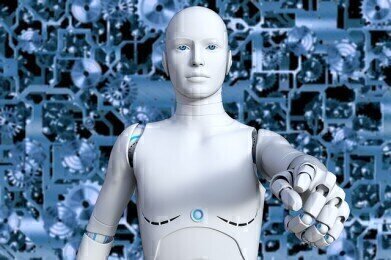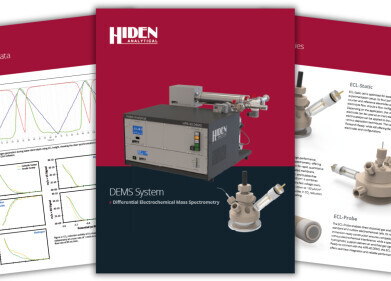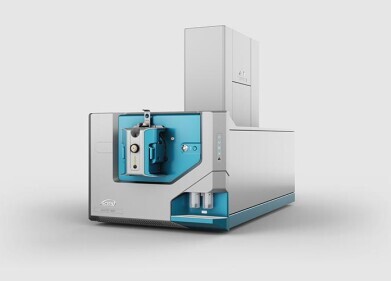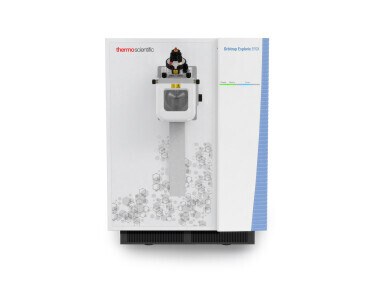Mass spectrometry & spectroscopy
Can AI Conduct Its Own Experiments?
Apr 25 2018
The AI revolution is quickly gaining momentum, with robots being deployed everywhere from offshore oil rigs to marine research centres. Now, a laboratory at Pittsburgh's Carnegie Mellon University is championing artificial intelligence by gradually outsourcing chemical work to robots.
Armed with skill, precision and steadfast diligence, the robots lift bottles filled with chemical reagents, transport them to test tube banks and dispense an exact number of drops. The goal is to pinpoint the optimum chemical makeup for high-capacity electric car batteries, a project that's fronted by the Toyota Research Institute.
While the robots are currently used only as manpower, the team assert that they could eventually devise the experiments. Over the next few months engineers are working on an artificial intelligence algorithm that will allow the robots to plan the experiments based on previous battery test runs and use data to modify the concentrations of test ingredients.
“It’s automating not only the manual part of doing the experiment but also the planning part,” explains Brian Storey, the project's head scientist.
AI enters the university science curricula
In the past robotic labour has been limited to physical tasks and activities that can be pre-automated. However, new advancements mean AI software can now empower robots with the capacity to identify and sort patterns. Over the past few years this has seen robots deployed in a host of scientific contexts, including sifting through billions of particle tracks to eventually discover the Higgs boson, aka the "God particle."
Manuela Veloso, head of Carnegie Mellon’s machine learning department maintains that robots will play a key role in helping humans process the tidal wave of digital information that's churned out by next-generation sensors, sequencers, and satellites. “We just cannot handle the amount of data anymore,” he says.
Humans and robots working together
The one downfall is that while robots are highly skilled at higher-order analysis, they're not able to present the sophisticated theoretical formulations that explain how they reached a certain answer. Until then, humans and AI will continue to work together to make scientific breakthroughs.
Want to know more about that latest scientific advancements? Exploring the benefits to chemists and laboratory technicians, 'An Innovative Breakthrough in Automated ATR Sampling' introduces readers to the exciting new AutoATR, which merges a new ATR crystal developed via microtechnology with a microtiter plate platform offering precision mechanics and automated software control.
Digital Edition
Lab Asia Dec 2025
December 2025
Chromatography Articles- Cutting-edge sample preparation tools help laboratories to stay ahead of the curveMass Spectrometry & Spectroscopy Articles- Unlocking the complexity of metabolomics: Pushi...
View all digital editions
Events
Jan 21 2026 Tokyo, Japan
Jan 28 2026 Tokyo, Japan
Jan 29 2026 New Delhi, India
Feb 07 2026 Boston, MA, USA
Asia Pharma Expo/Asia Lab Expo
Feb 12 2026 Dhaka, Bangladesh



















